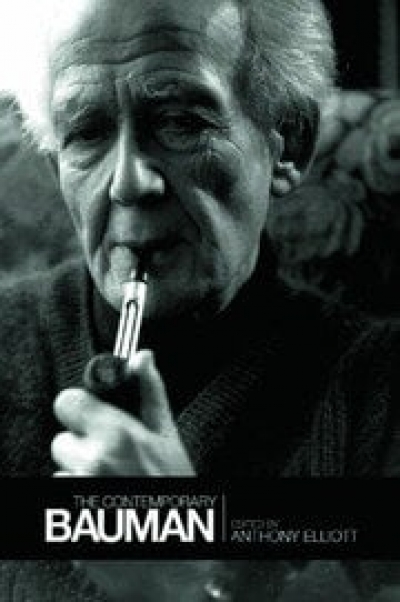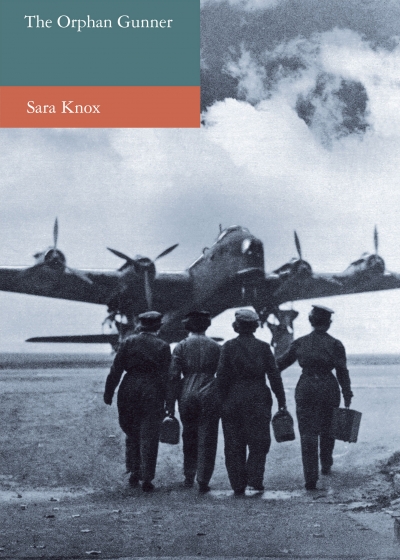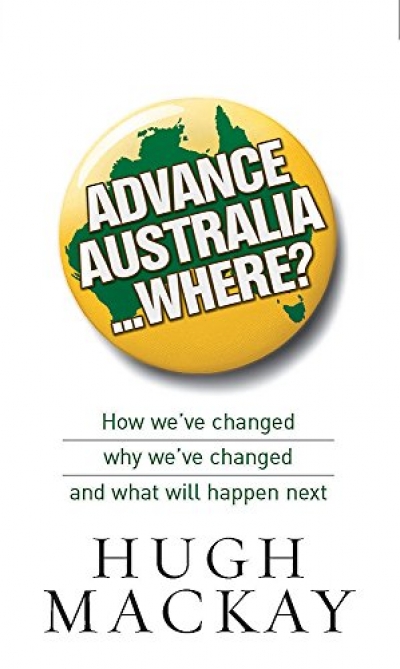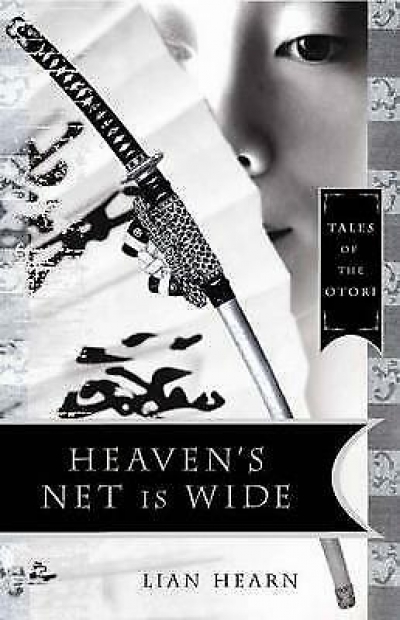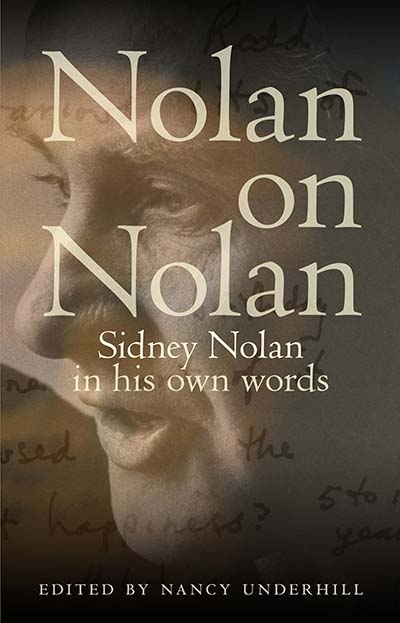Archive
The Contemporary Bauman edited by Anthony Elliott
Advance Australia … Where?: How we’ve changed, why we’ve changed, and what will happen next by Hugh Mackay
Heaven’s Net is Wide by Lian Hearn & Blue Dragon by Kylie Chan
Pam Macintyre
Top of my list is Sonya Hartnett’s bitter-sweet story of love and loss, The Ghost’s Child (Viking), for its emotional punch, mixture of realism, fairytale and magic realism, and exquisite prose. Also written with emotional clout is Bill Condon’s witty and frank Daredevils (UQP). Joel and Cat Set the Story Straight (Penguin), by Nick Earls and Rebecca Sparrow, gives sheer pleasure in a double-double writing act: Earls writes the wannabe Matthew Reilly contributions to a joint school writing task, while Sparrow has Cat channelling Jane Austen. The consequences of the uneasy school and personal relationships between the two, their increasingly intertwined lives, and the story they create are hilarious.
... (read more)AUSTRALIAN JOURNAL OF FRENCH STUDIES VOL. XLIV, NO. 1, 2007 edited by Brian Nelson & AUSTRALIAN JOURNAL OF FRENCH STUDIES VOL. XLIV, NO. 2, 2007 edited by Brian Nelson and Françoise Grauby
The latest issue of Meanjin is excellent. Ian Britain and his co-editor, Jennifer Digby, have assembled a group of learned contributors to address the theme of ‘Crime and Law’. The interaction between their wide range of experiences and orientations – professional, personal, poetic – makes the journal a fascinating read. The essays are strong, diverse and engaging.
Justice Michael Kirby’s affecting meditation on the significance of the 1957 Wolfenden report on Homosexual Offences and Prostitution is both an erudite professional opinion and a personal account of how devastatingly the law can impinge on individual liberty in the name of religious morality. Despite the forceful recommendations of the report, widespread law reform on the decriminalisation of homosexuality was slow to occur. Australia only began to see legislative change on this issue as a part of Don Dunstan’s reforms in South Australia, in 1975. Drawing upon the work of Jeremy Bentham and John Stuart Mill, Kirby argues that ‘criminal law, with its heavy-handed punishments, stigma and shame, [is] not to be deployed on the basis only of scriptural texts and private sensibilities’.
... (read more)I was given to this body as haphazardly
As the monster of Frankenstein.
Lightning is a man’s metaphor,
But like fire it provides
A force alien to question.
Perhaps I am only this, this flesh,
Nolan on Nolan: Sidney Nolan in his own words edited by Nancy Underhill
As convenor of the 32nd Congress of the International Committee of the History of Art (January 2008), I have become increasingly aware of what others want to know about Australia and of the gaps in our agenda. It is equally clear that there is much that we do very well that is not yet recognised internationally.
... (read more)
